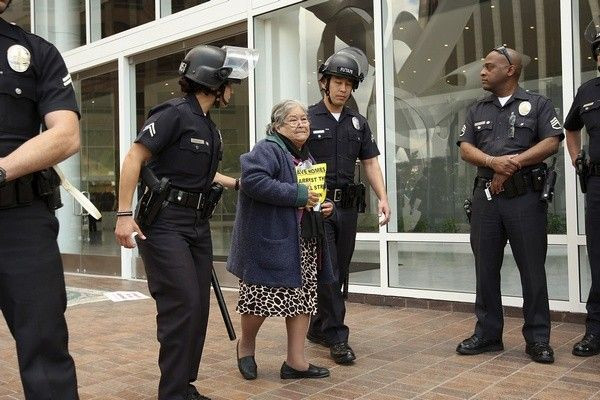HUD gives more money to save homes

With the nation in the midst of a foreclosure crisis, the Department of Housing and Urban Development is shelling out $73 million in housing counseling grants to more than 500 national, regional and local organizations, so that they can help people stay in their homes or find new homes.
These organizations are on the front lines of helping families who are desperate to remain in their homes, HUD Secretary Shaun Donovan said. Now, more than ever, it's crucial that we support these agencies that are working with struggling families on a one-to-one basis to manage their money, navigate the home buying process, and secure their financial futures.
Donovan said the grants total represents a $13 million, or 22 percent, increase over last year's funding levels for counseling.
Nearly $68 million will support the direct provision of housing counseling services by 24 national and regional organizations, 5 multi-state organizations, and 484 state and local housing counseling agencies. In addition, HUD is awarding more than $5 million to three national organizations to train approximately 4,500 counselors who will receive the instruction and certification necessary to effectively assist families with their housing needs, Donovan said.
This critical funding will help counseling organizations continue to assist families in making more informed choices before they purchase a home and counsel families facing foreclosure, he said.
But David Berenbaum, chief program officer for the nonprofit National Community Reinvestment Coalition, said that while the announced grants represent a sizeable chunk of money and will allow counseling groups to continue to do their good work, this investment from the Obama administration is inadequate to address the need created by the foreclosure crisis.
Forty member organizations of the NCRC are among the counselling groups that will receive HUD funds. Berenbaum pointed out that all the groups receiving the grants are HUD-certified as counsellors and perform their services free of charge.
These are not the scam firms that advertise help, at a price, for people threatened by foreclosure, and are more concerned with getting paid than assisting the needy families, Berenbaum said.
But the Obama administration is not facing up to the enormity of the crisis, Berenbaum said.
Until the Obama administration and the government come to terms with the massive nature of the foreclosure crisis, the issue will remain a very difficult thing to work through, Berenbaum said.
The scope of the problem is so big and so widespread that much more systemic relief is needed, he said.
In a report released earlier this month, the government's own Congressional Oversight Panel said the administration's leading foreclosure prevention program - the Home Affordable Modification Program, or HAMP - is falling far short of its stated goals.
The Panel now estimates that, if current trends hold, HAMP will prevent only 700,000 foreclosures -- far fewer than the three to four million foreclosures that Treasury initially aimed to stop, and vastly fewer than the eight to 13 million foreclosures expected by 2012,' the report said.
NCRC President and CEO John Taylor responded to the government agency's release by saying that the Administration needs to stop acting like it doesn't have the power to stem the foreclosure crisis. I'd like to see a prime time address from the President on this issue. Stemming foreclosures is critical to economic recovery, and it would also help re-establish the trust of the American people that government helps solve their problems. The Administration has more than the bully pulpit to address this problem; they have many very powerful tools to bring to bear.
Since 2007, Taylor and the NCRC have been saying that banks would not voluntarily assist borrowers in a meaningful way and that a mandatory effort should be put into place to stop foreclosures.
Berenbaum reiterated the organization's criticism.
The administration needs to take a fresh look at the crisis and the tools it has at its disposal to deal weith it, he said. One of the things that needs a fresh look is principal reduction.
The Obama administration has not promoted this method of keeping people in their homes, Berenbaum said.
He explained that several mortgage companies and banks have expressed themselves as willing to try principal reduction as a means of avoiding foreclosure, and that at least one financial institution has said that principal reduction is a necessary step in combating the crisis.
A reduction of $20,000 or $30,000 from a mortgage of $150,000 could mean the difference between whether a family stays in the home or has to leave, Berenbaum said, adding that, over time, the lending institution could still make money on the mortgage.
So, why would a lender want to go to foreclosure? he said.
© Copyright IBTimes 2025. All rights reserved.





















